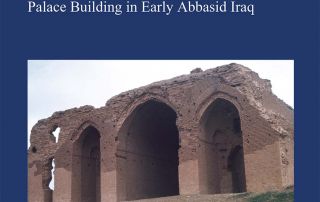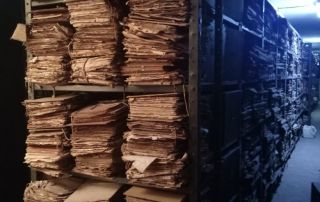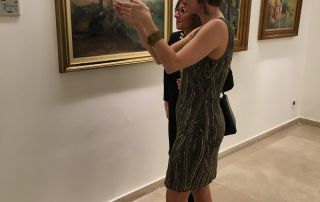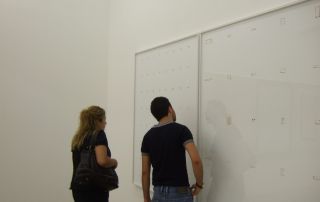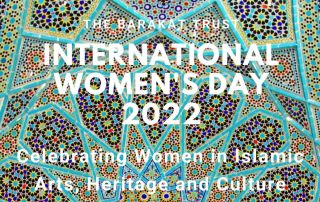Matt Saba
Matt is Visual Resources Librarian for Islamic Architecture at the Aga Khan Documentation Center, MIT Libraries. His research interests include imperial building practices in late antiquity and early Islam as well as the history of Islamic art as a discipline. As a librarian he is involved in building MIT's bibliographic [...]


